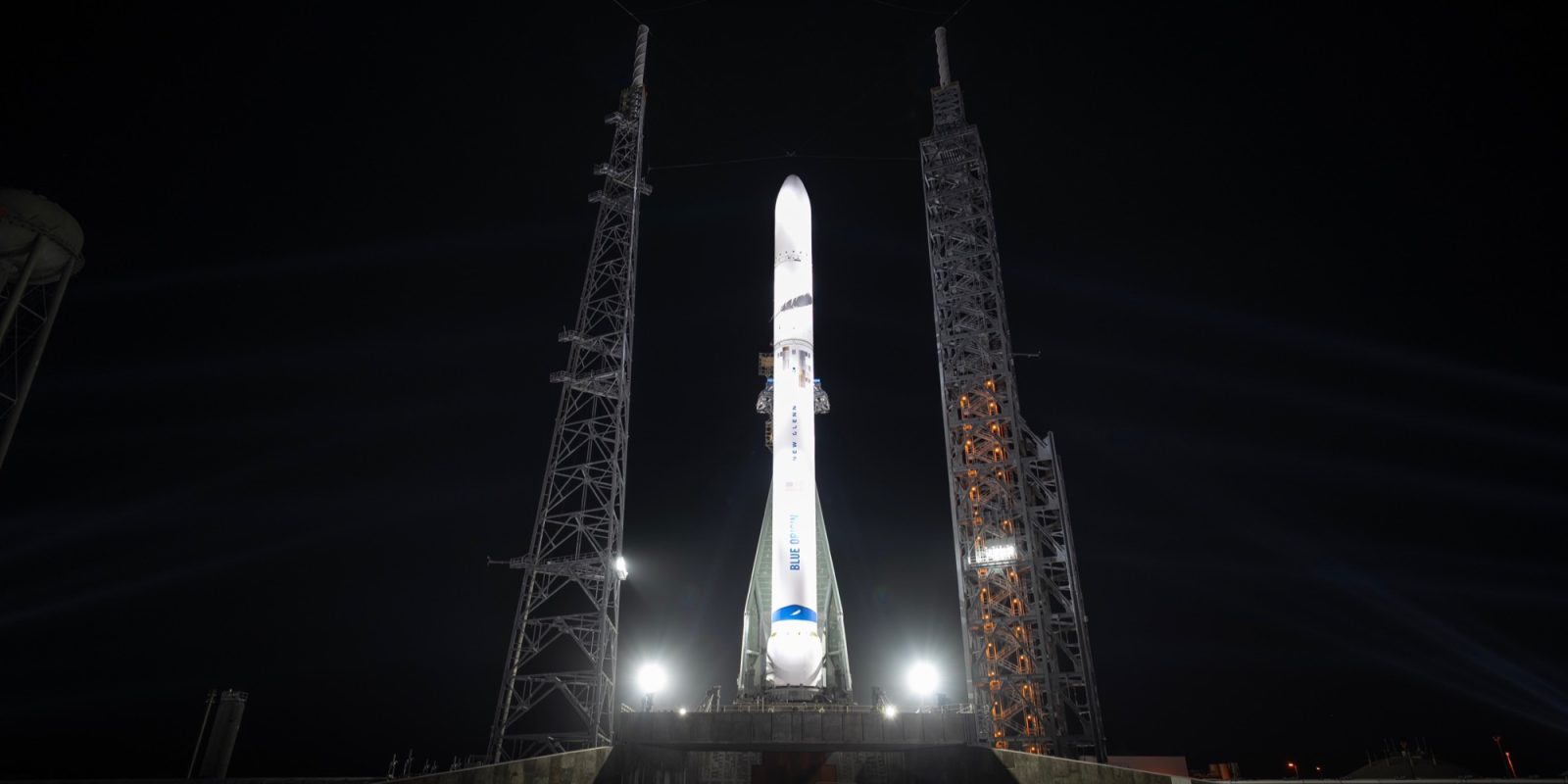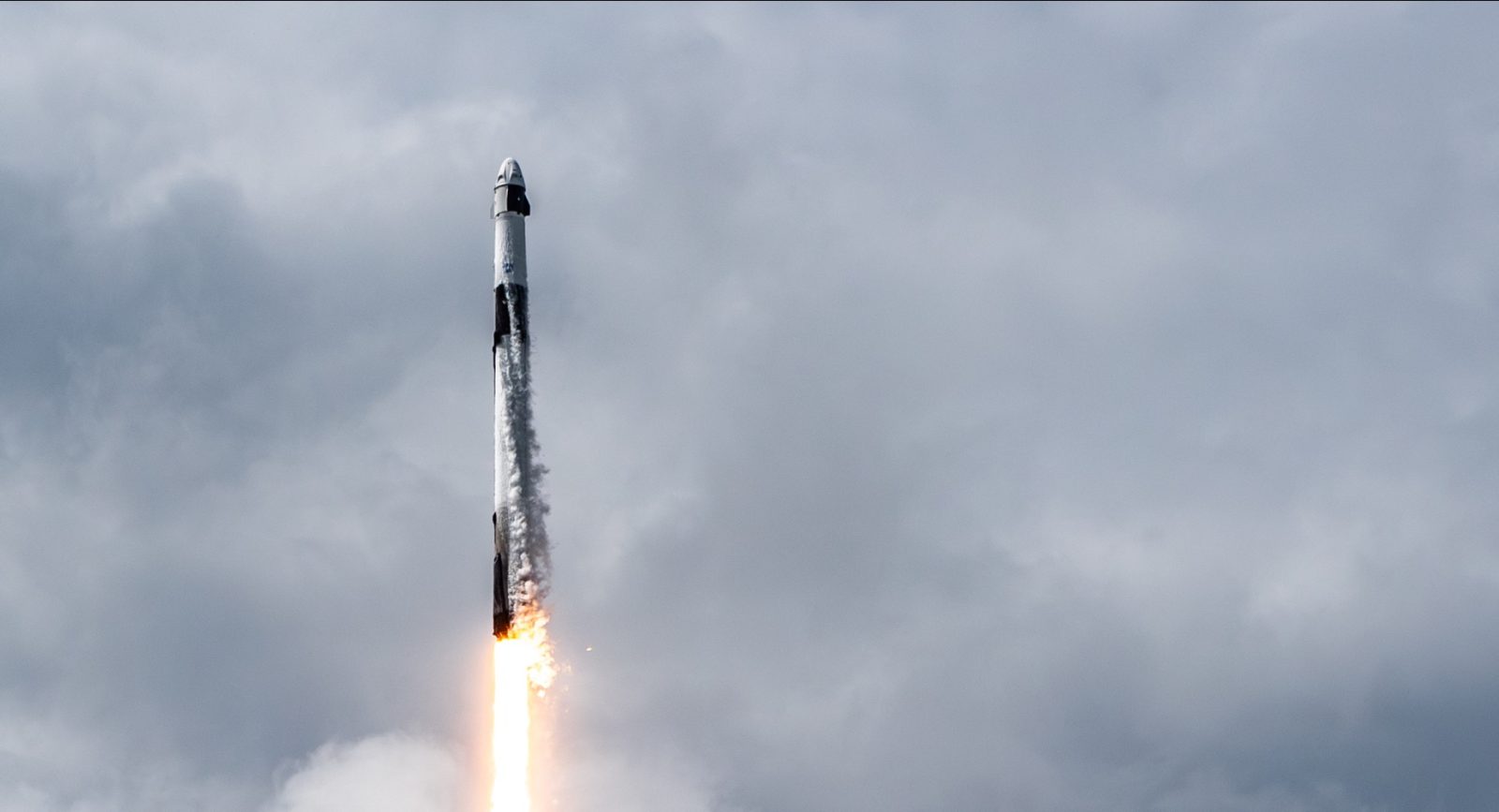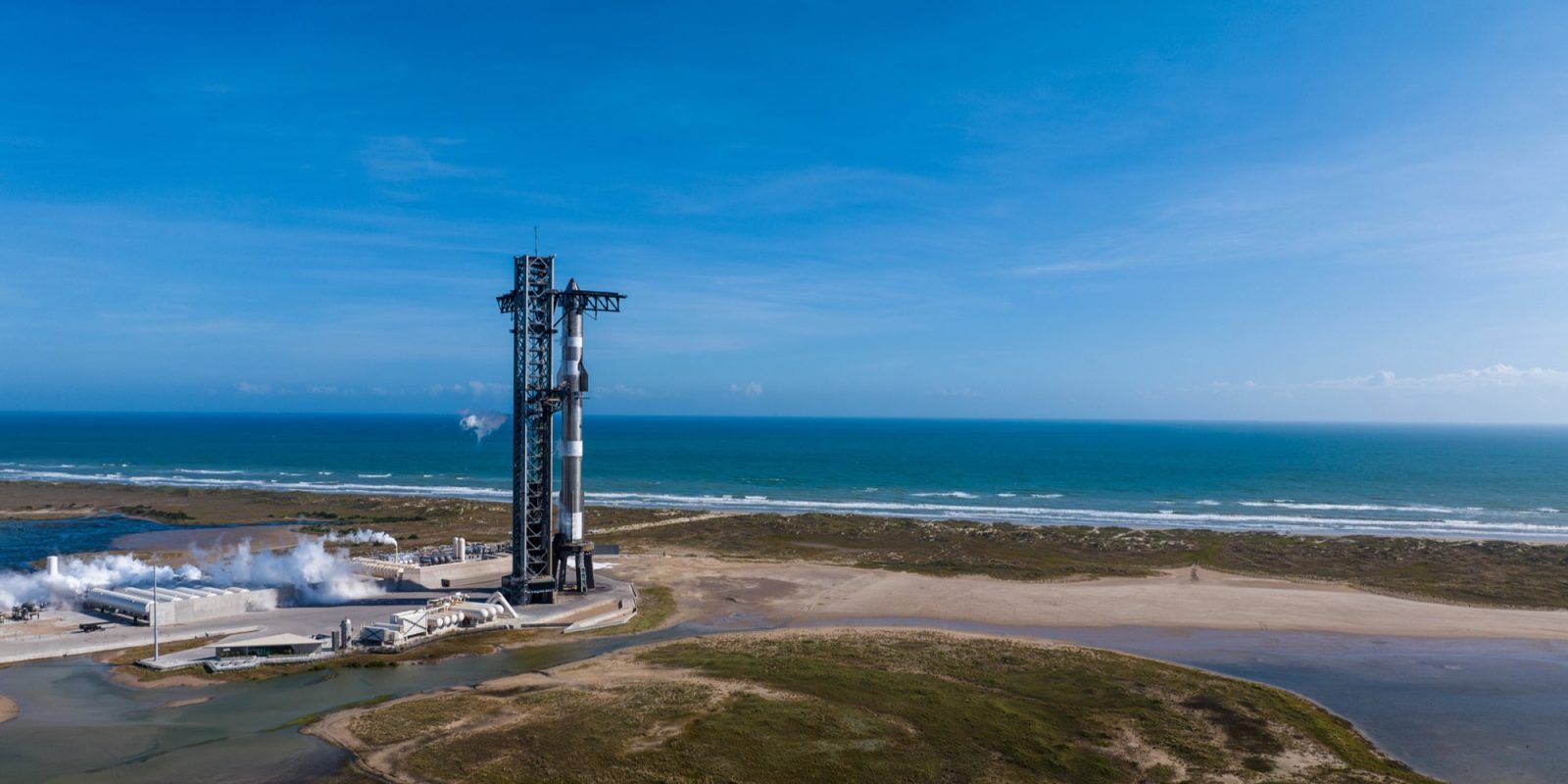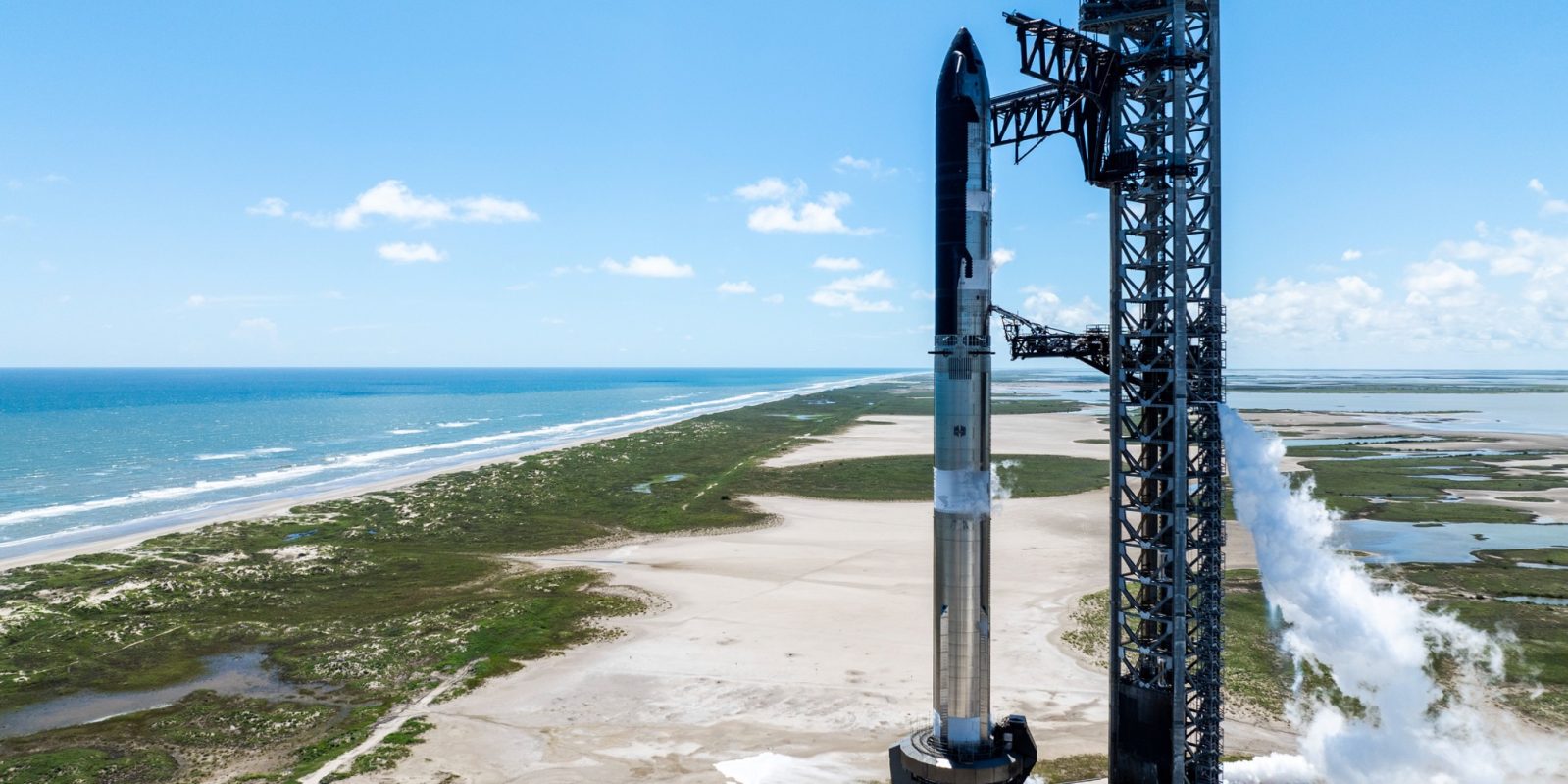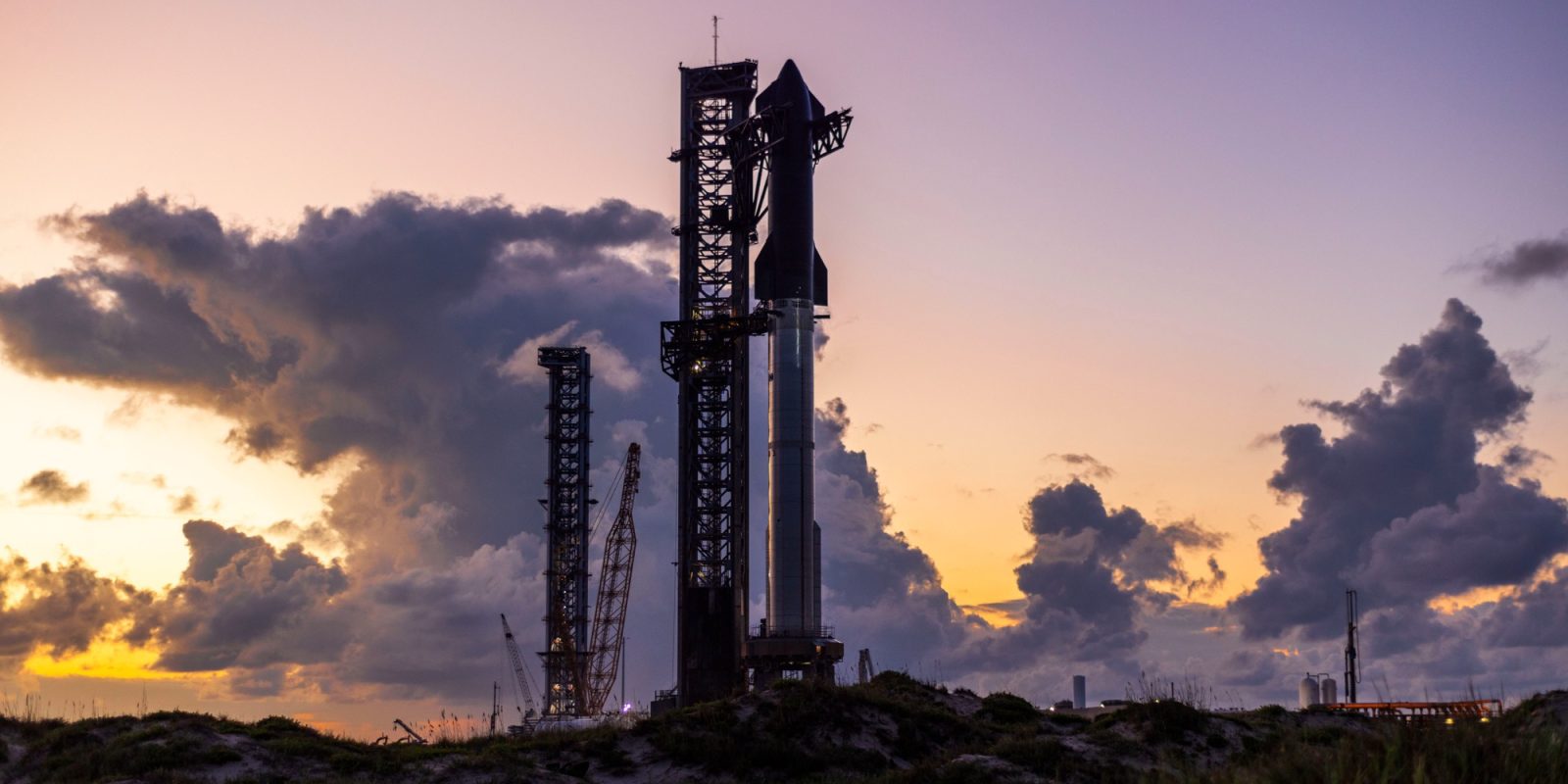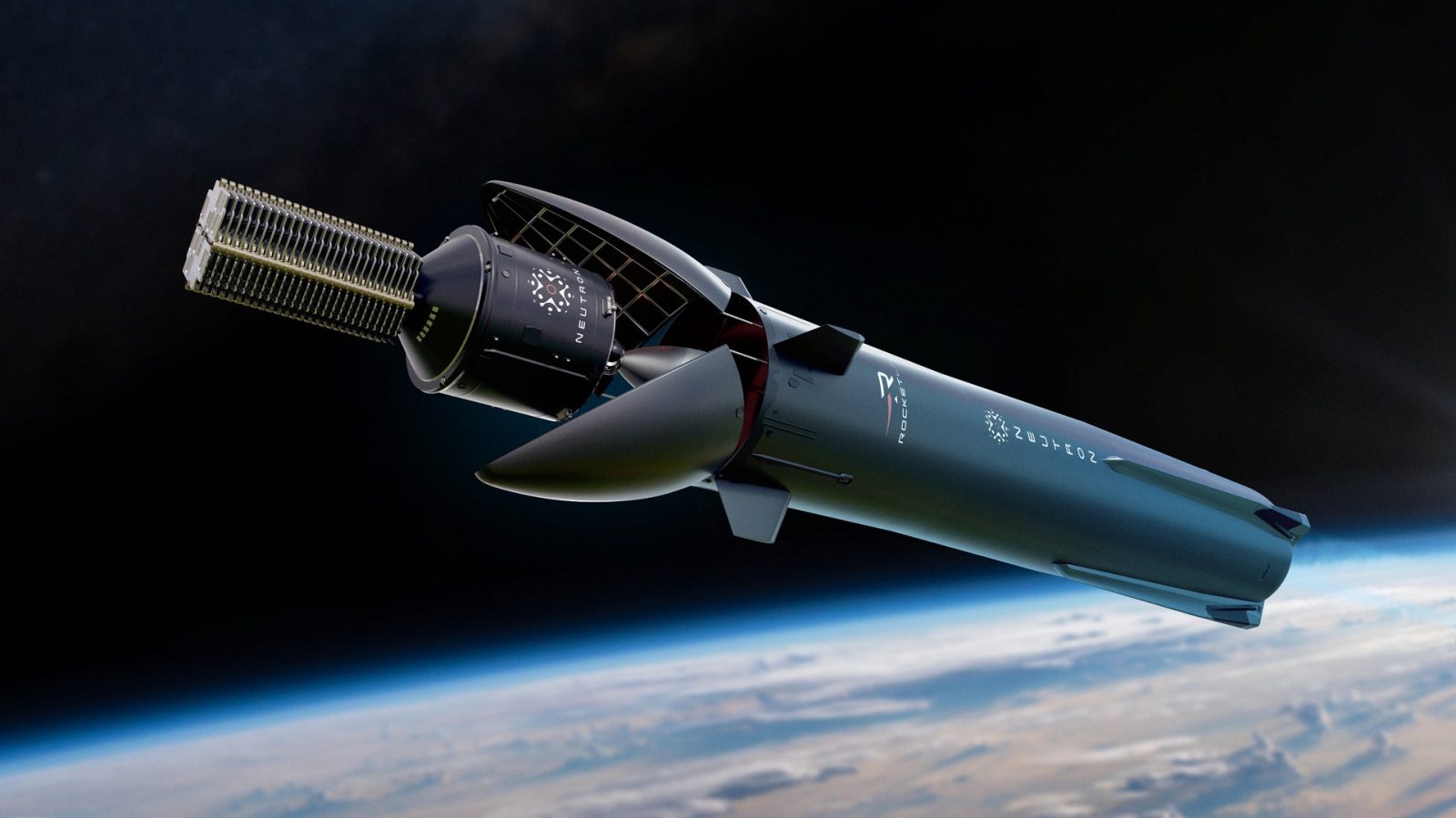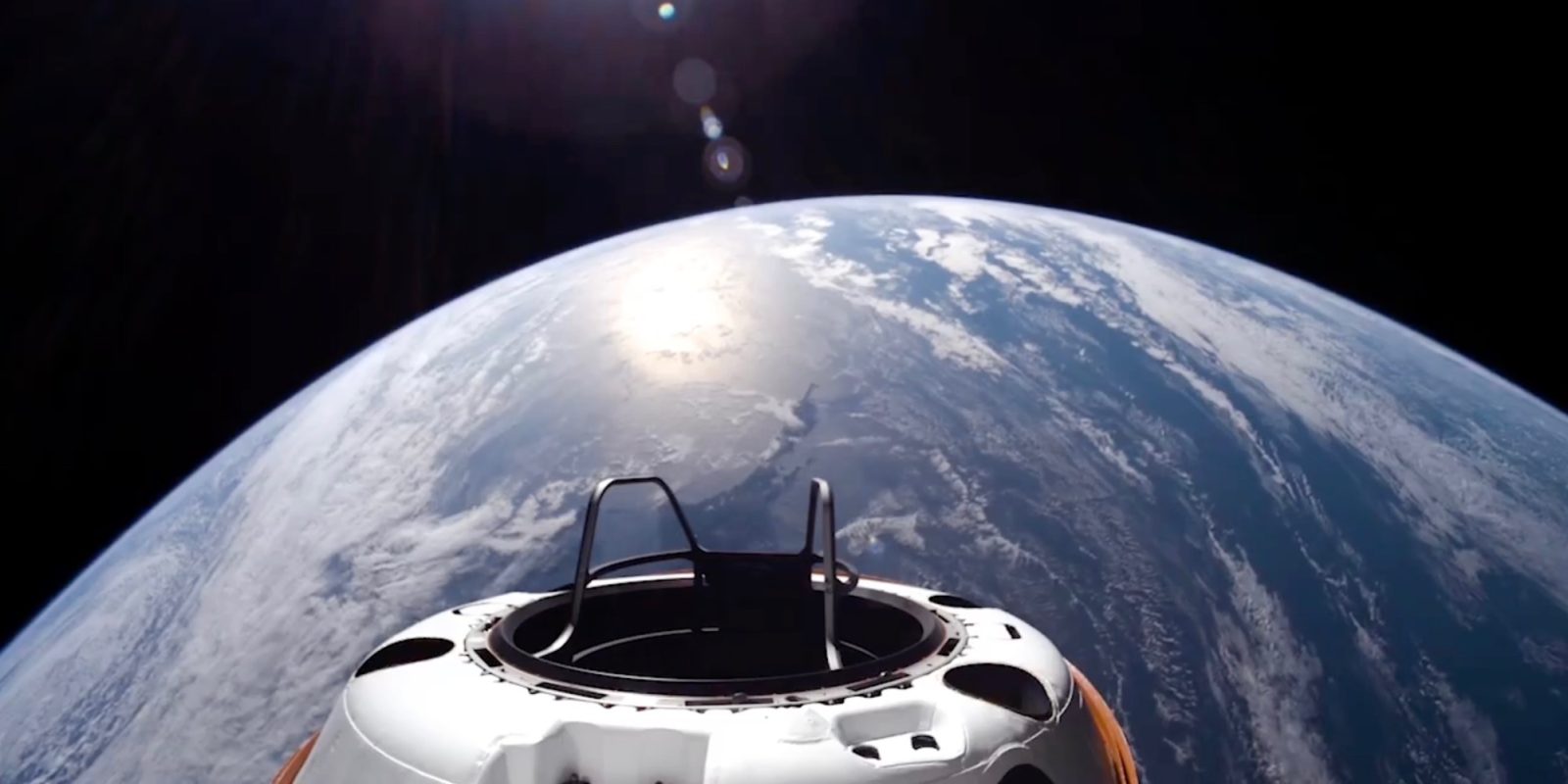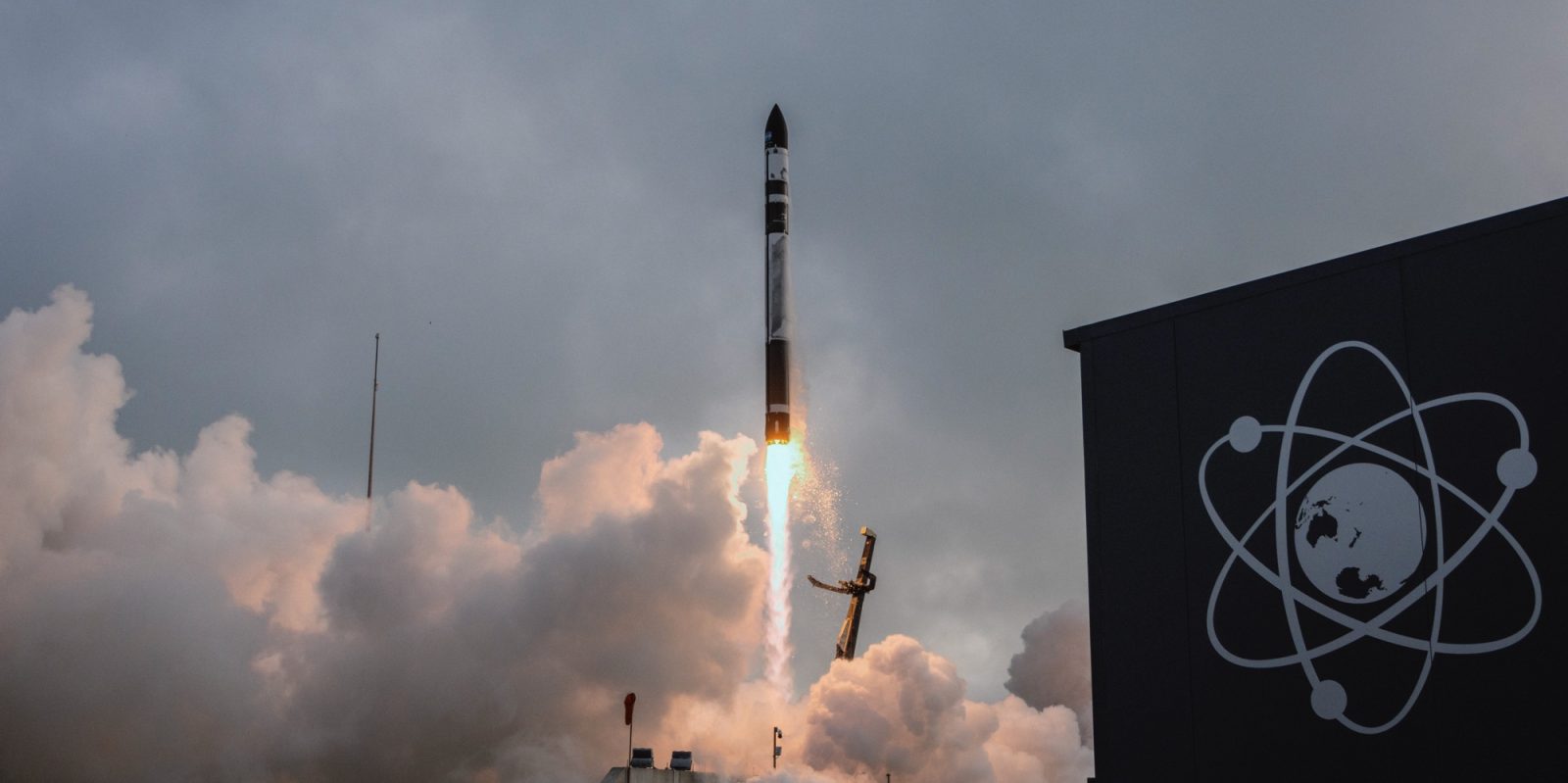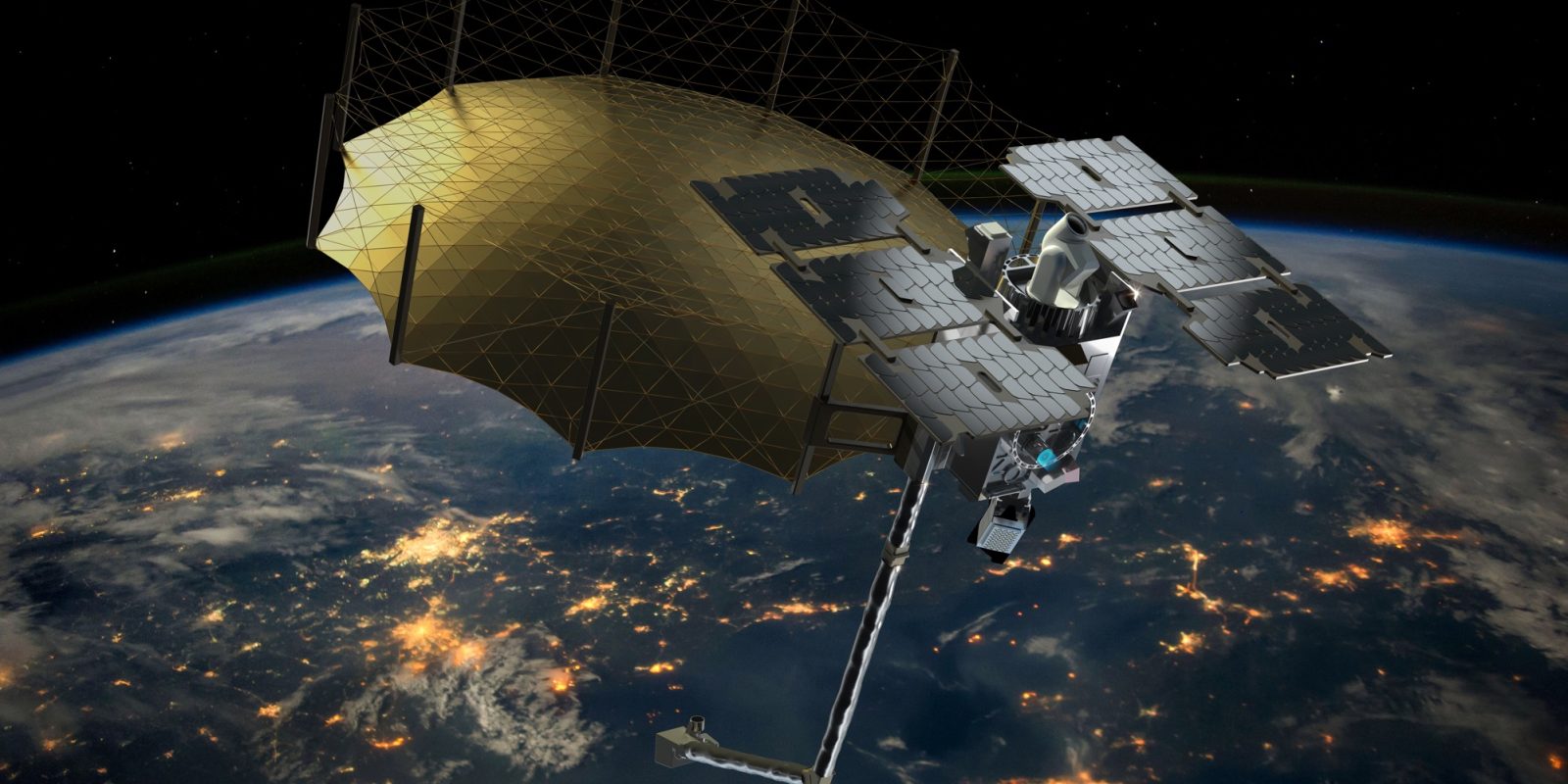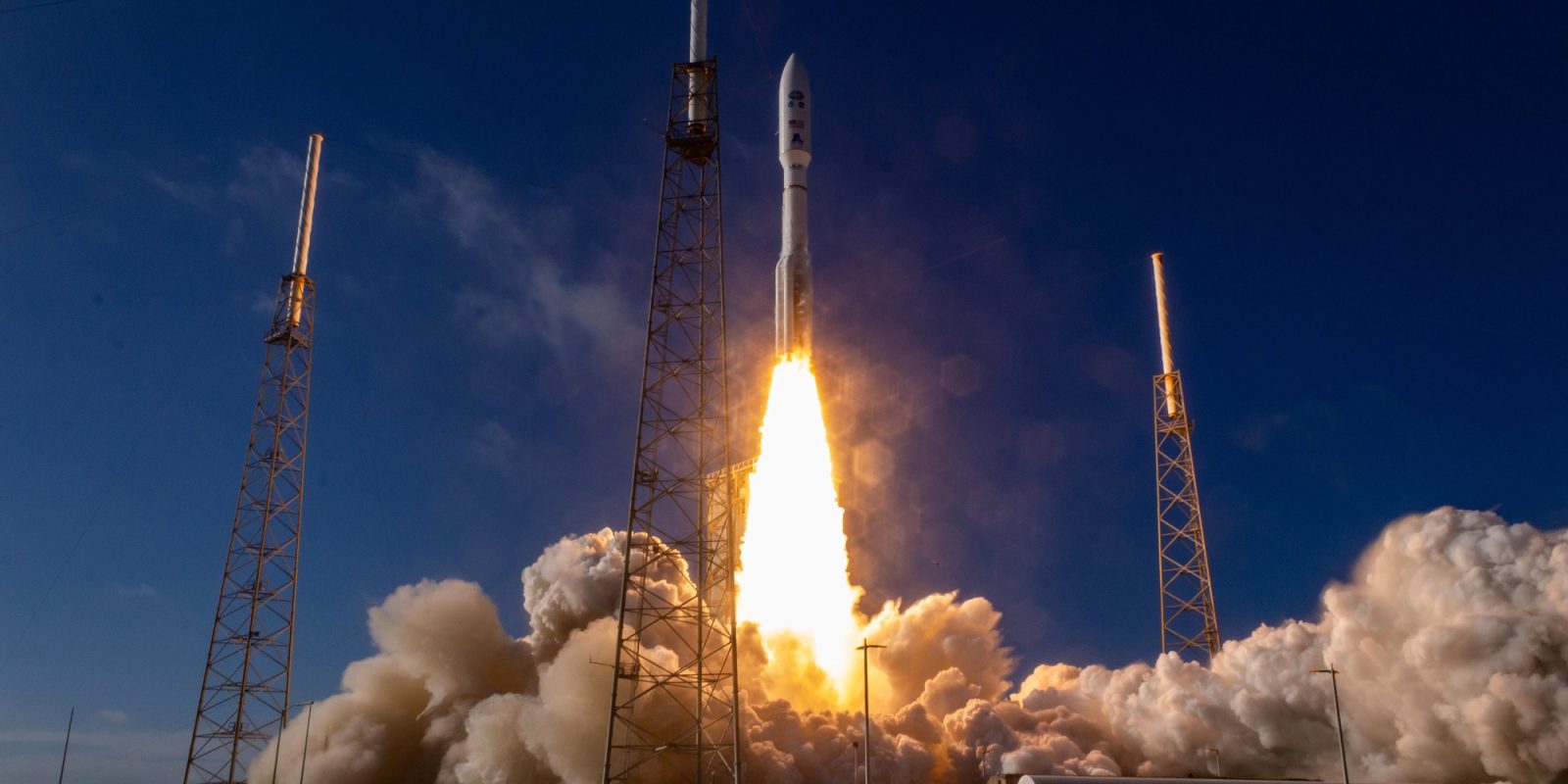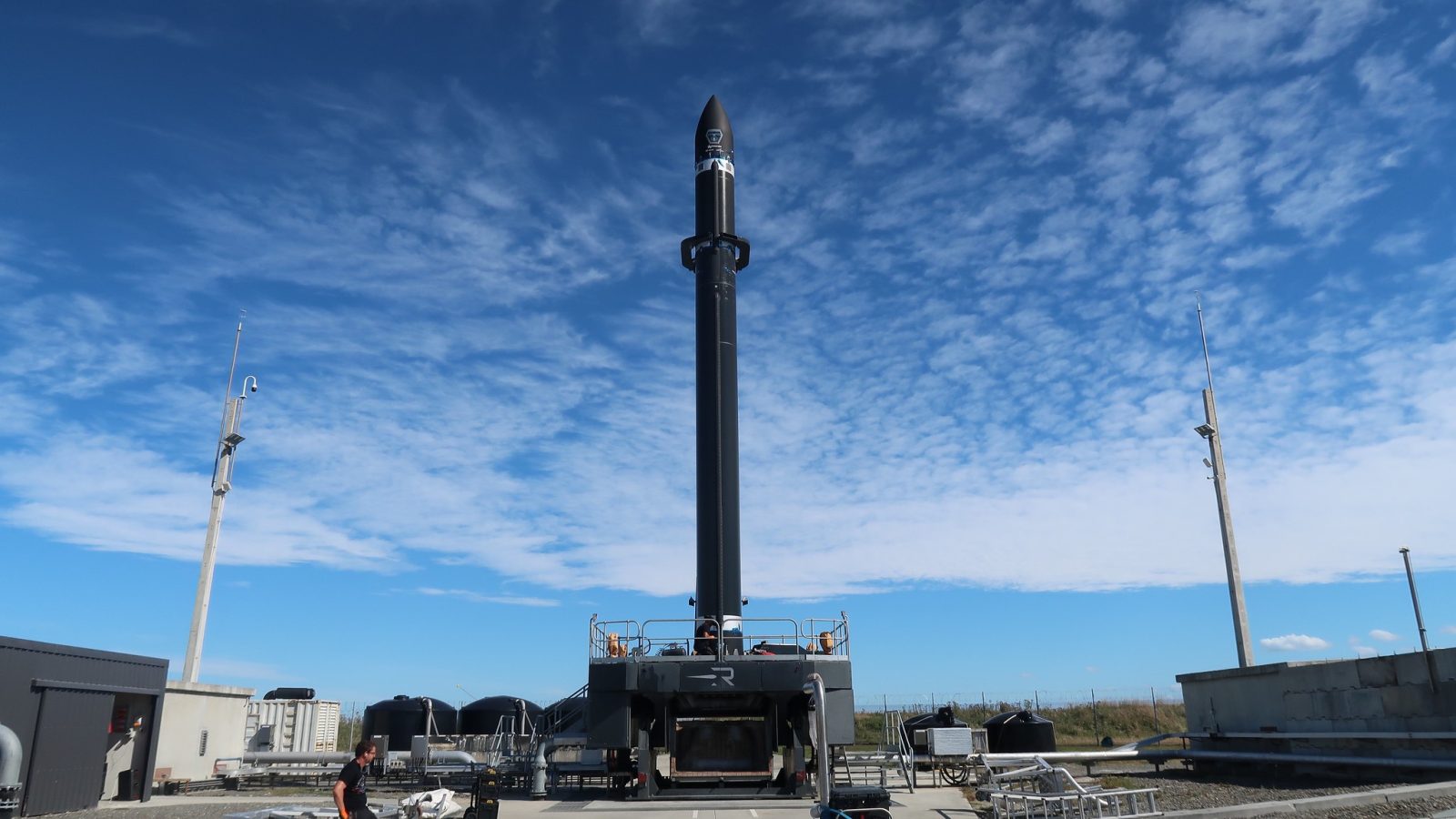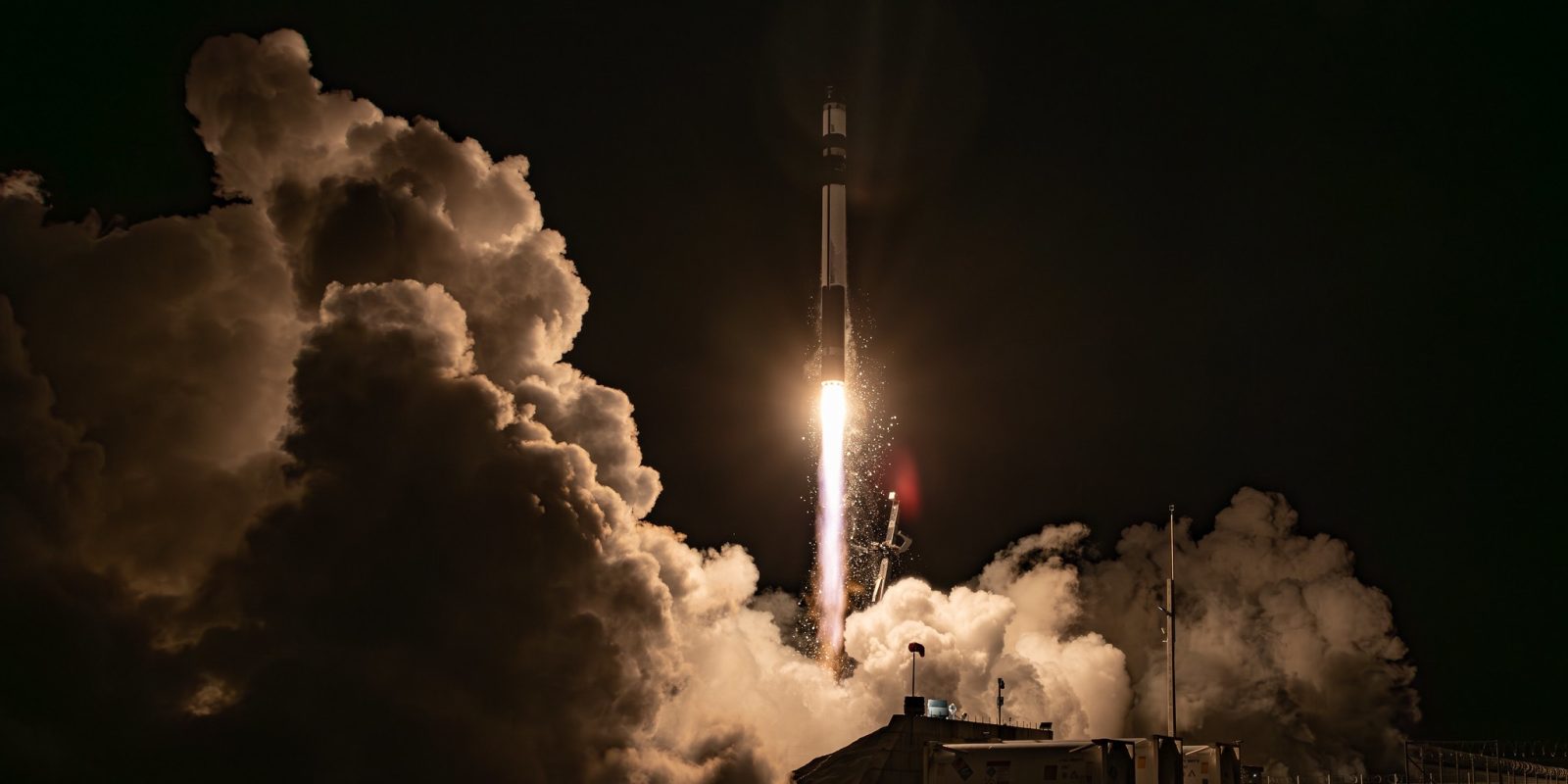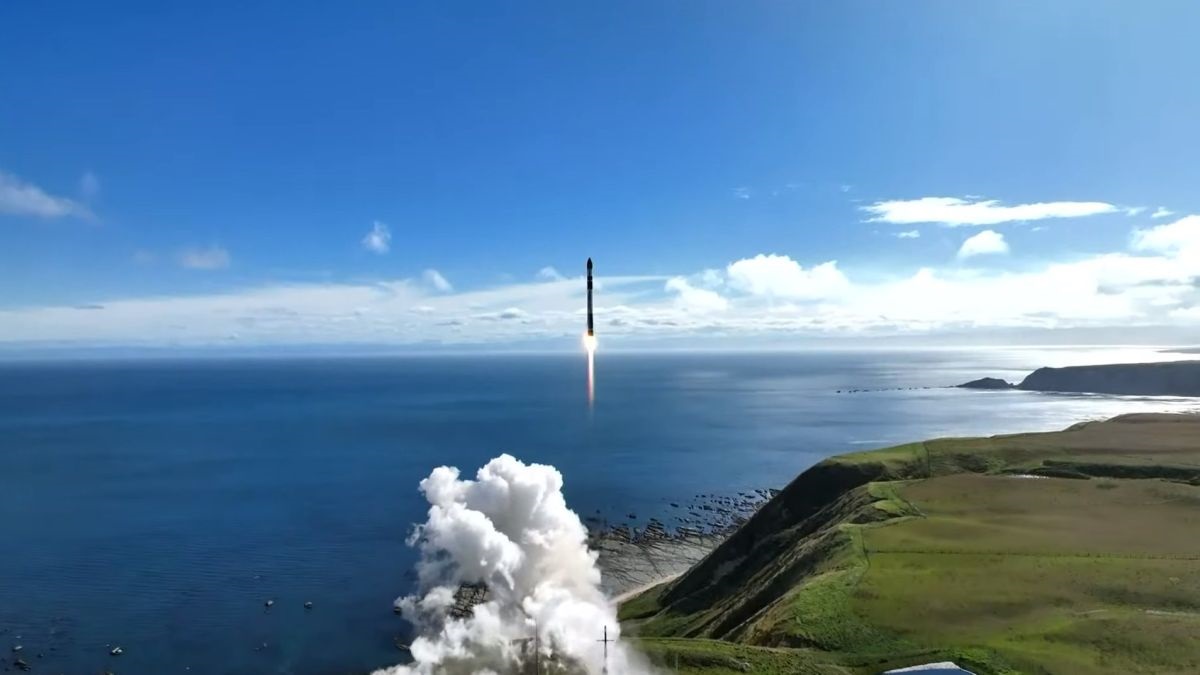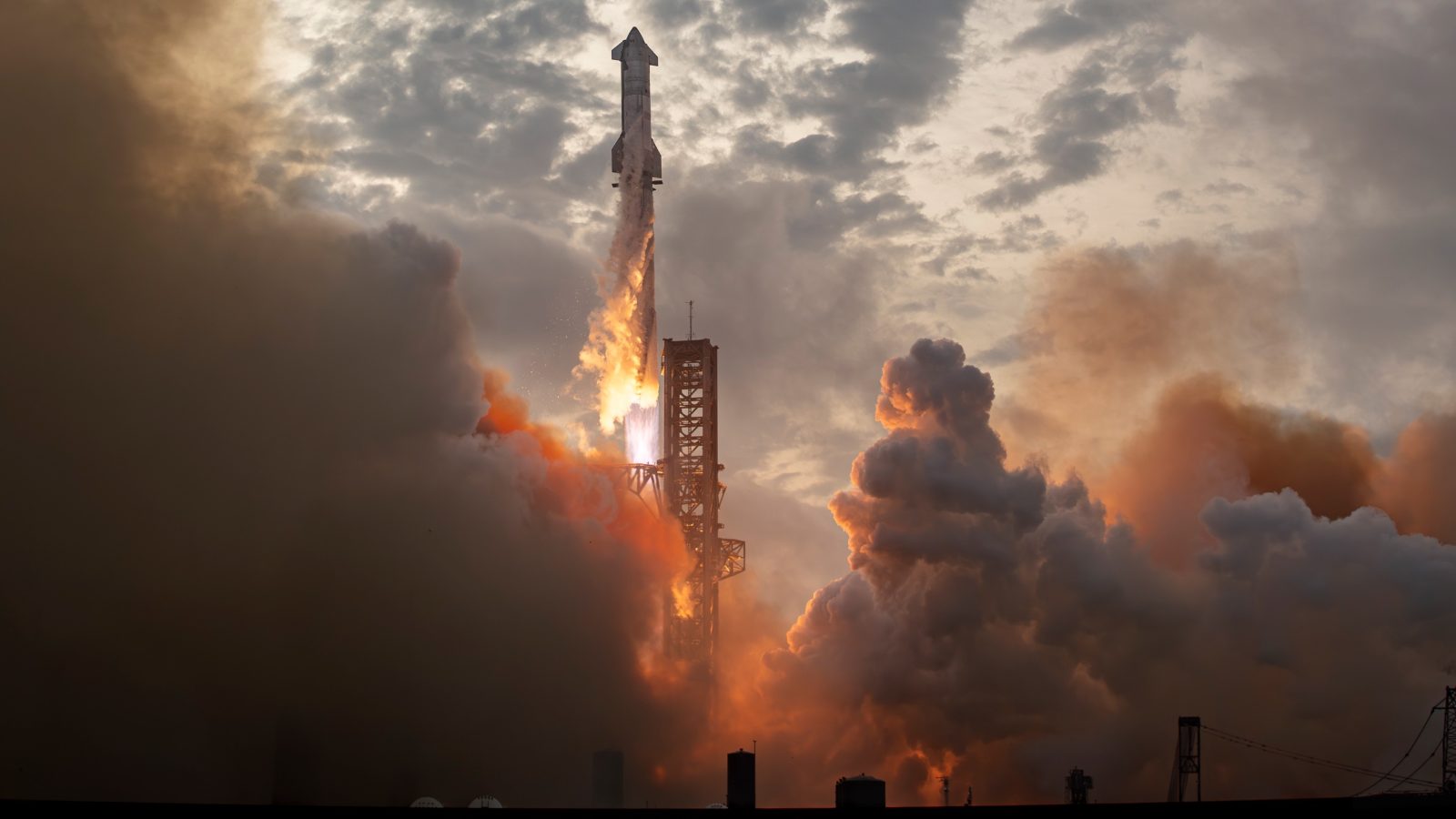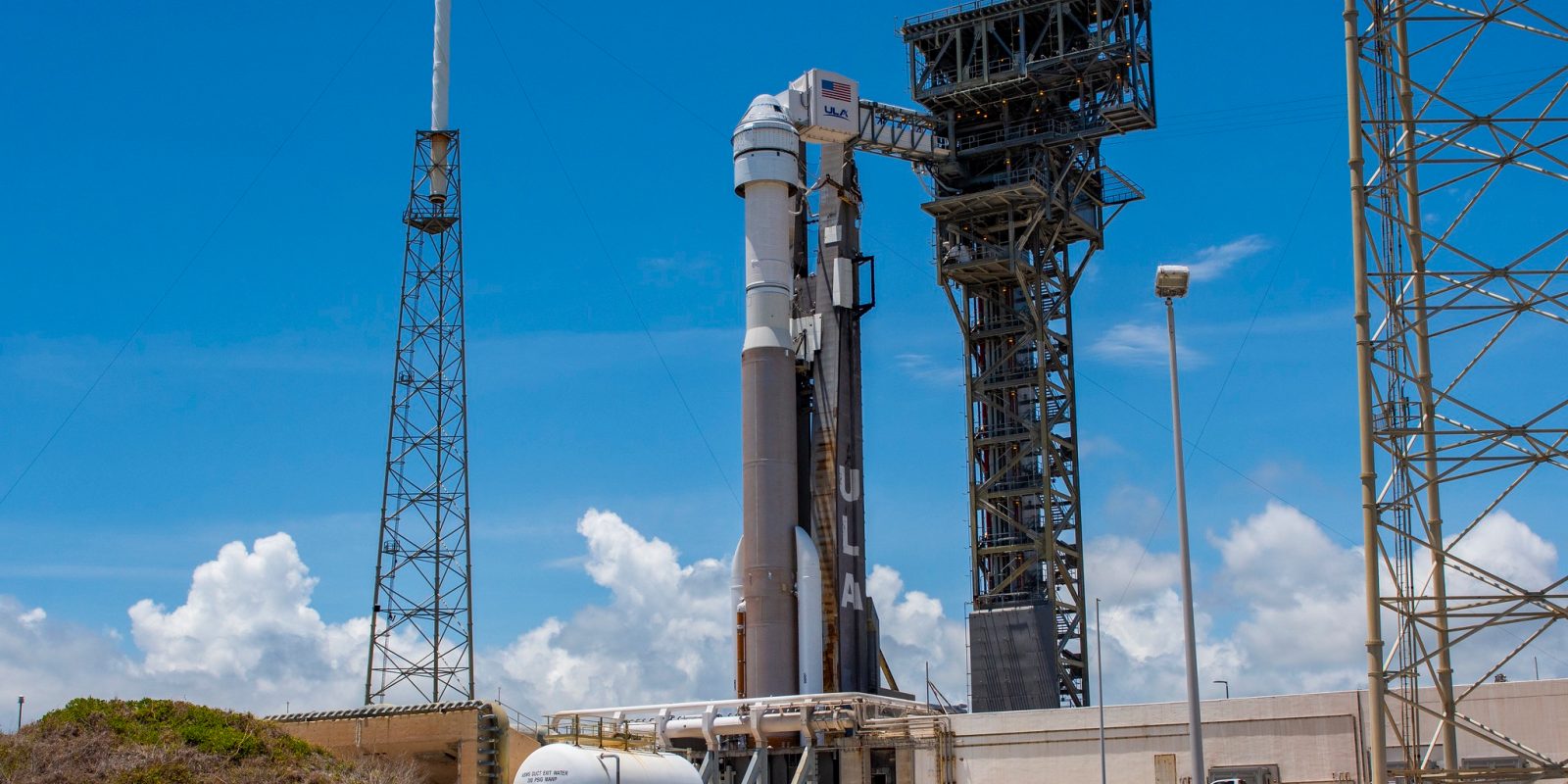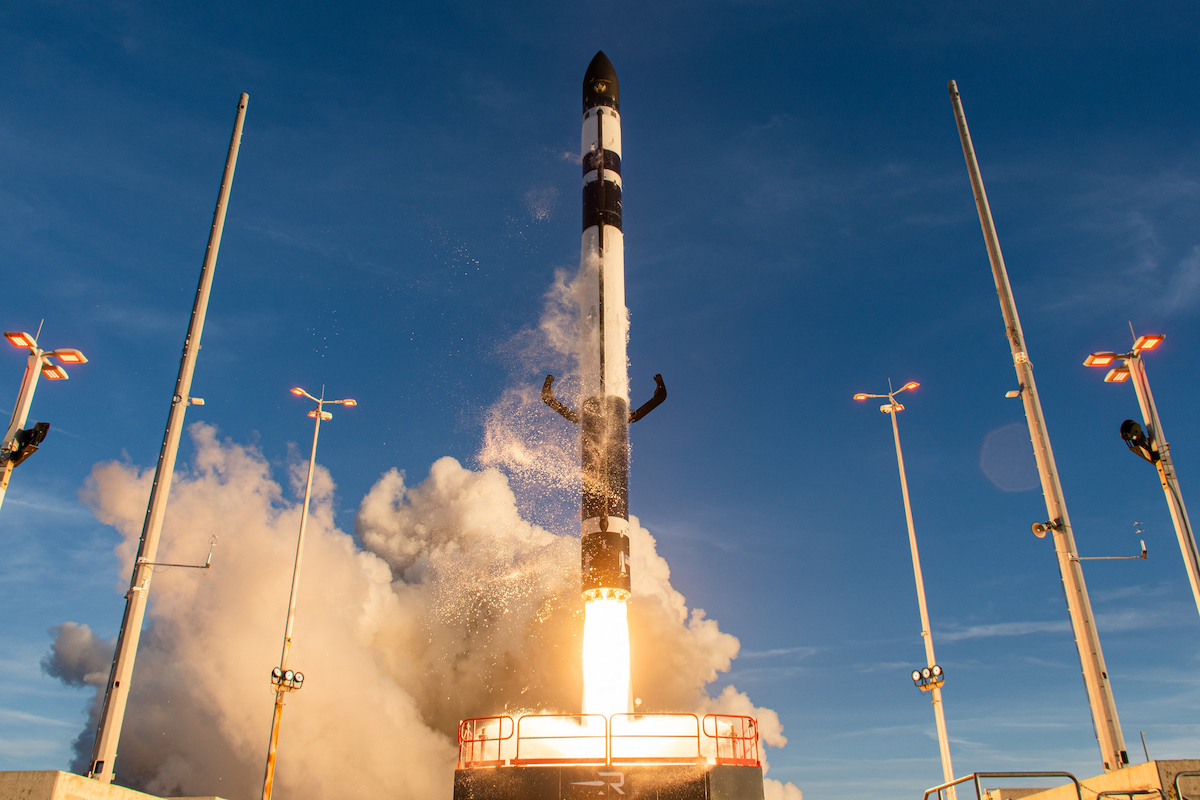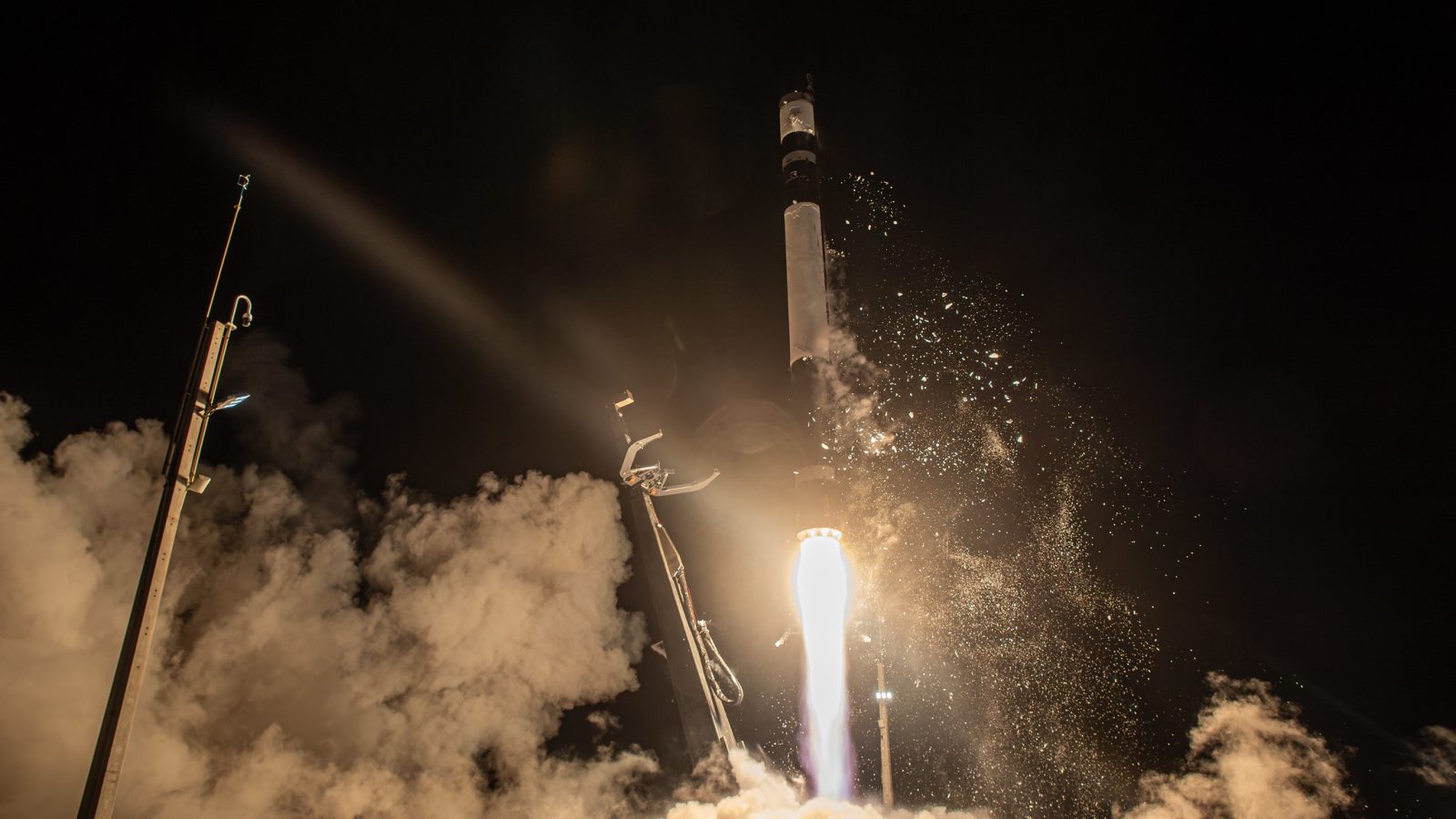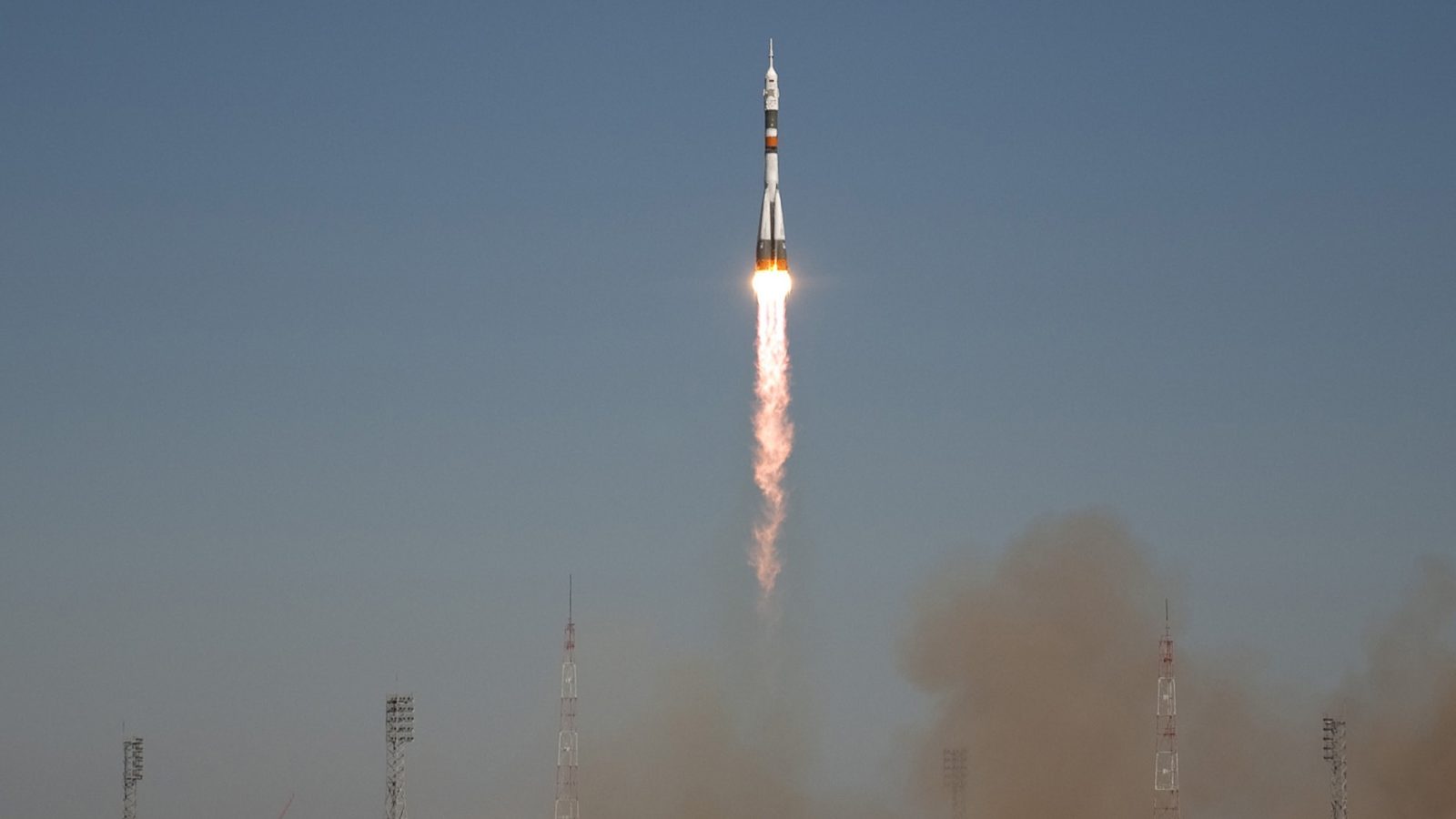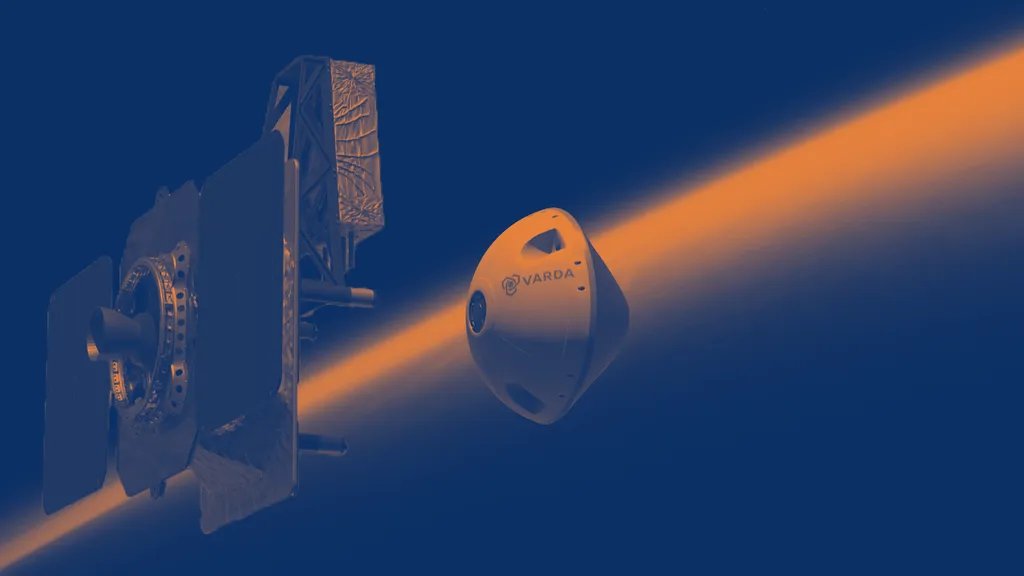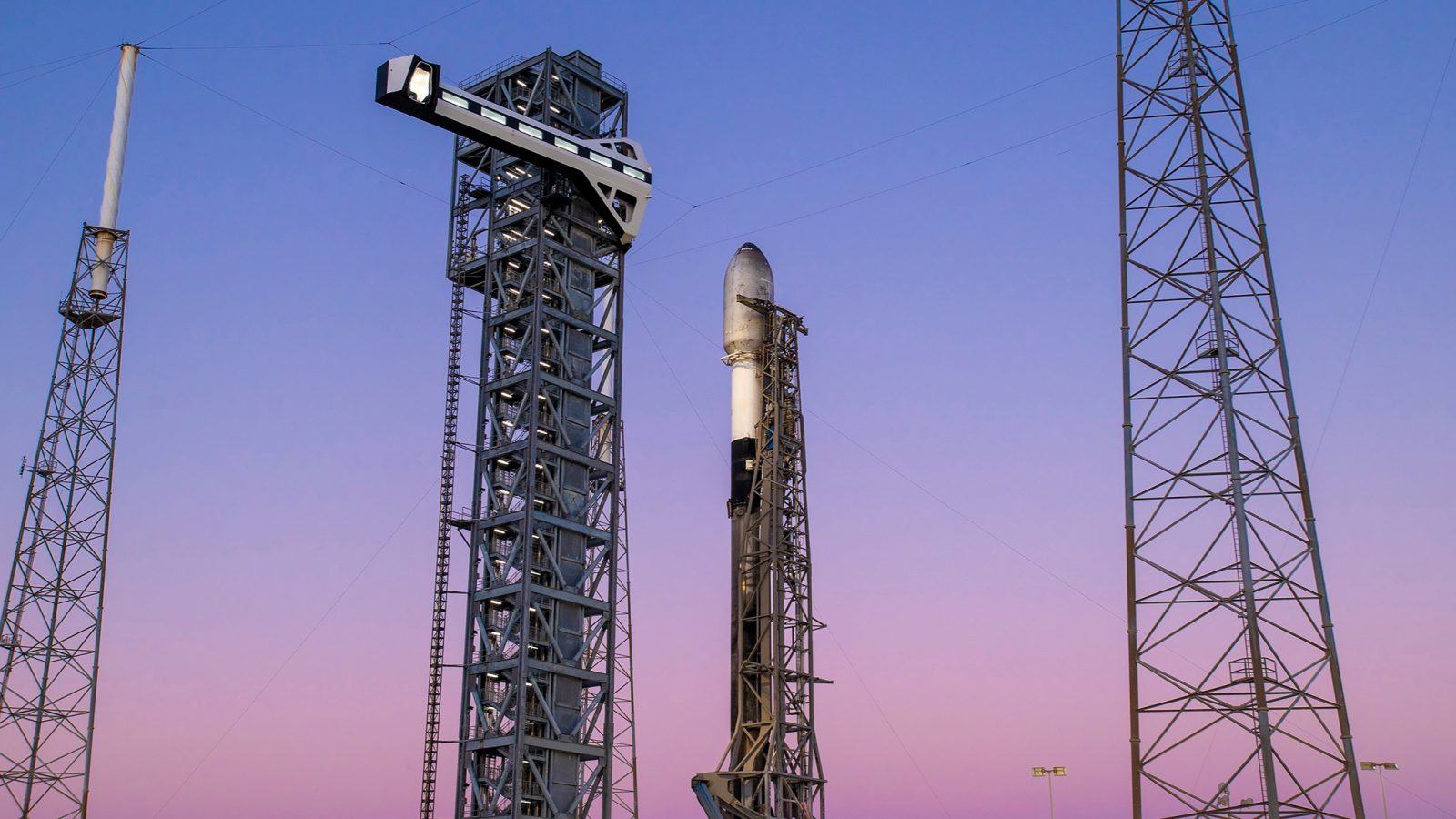Rocket Lab

Table of contents
Rocket Lab is a US SmallSat space launch and manufacturing company based in Long Beach, California. However, the company was founded in New Zealand by Peter Beck and has a large team of employees there.
Rockets
Rocket Lab operates two rockets commercially and is developing a new medium launch rocket. The company is recognized as #2 in the US commercial launch sector right behind SpaceX. However, there is a large gap between the two in numbers of launches per year, even excluding internal Starlink missions.
Electron
Rocket Lab currently launches its Electron rocket commercially and has had contracts with NASA, US Air Force and Space Force, and several commercial companies. While other companies attempted to compete against SpaceX and ULA in the medium to heavy lift markets, Rocket Lab has been attempting to corner the launch of smaller satellites.
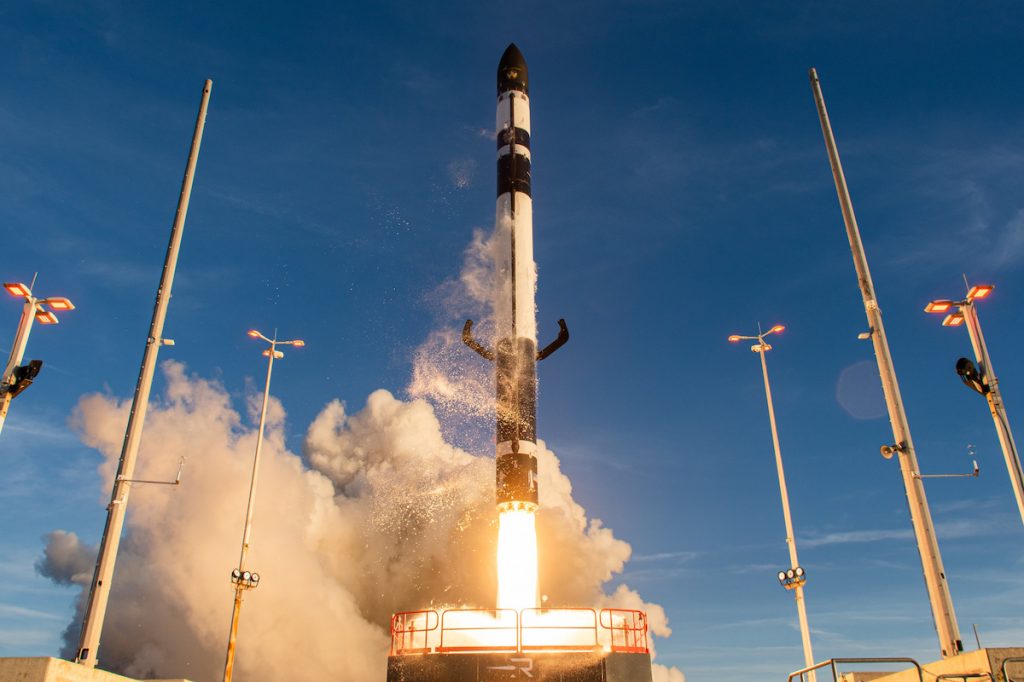
Electron is its primary rocket and first took flight back in 2017 but failed to reach orbit because the flight was terminated due to faulty ground equipment. In 2018, Electron launched for a second time and reached orbit, deploying three CubeSats for Planet Labs and Spire Global.
While Electron was not designed to be reusable, Rocket Lab has begun using parachutes and a heat shield on the bottom of the booster to recover it after flights. The company has reflown one of Electron’s first stage engines and plans to refly an entire booster in the near future.
HASTE
Rocket Lab has turned Electron into a sub-orbital hypersonic test vehicle called HASTE or Hypersonic Accelerator Suborbital Test Electron. Used to advance hypersonic technology for both the US Government and researchers, there isn’t much known about what is different between HASTE and a normal Electron rocket.
Neutron
Rocket Lab is also developing a larger rocket capable of competing for the vast majority of commercial contracts available. Called Neutron, the medium lift rocket will be designed from the ground up for reusability, landing the booster on a landing pad back near the launch site. Neutron is expected to first fly in 2024.

Going public
In 2021, Rocket Lab joined several other space companies in going public via a SPAC merger. This gave the launcher about $777 million in additional funding to develop Neutron. While Rocket Lab has faired better than other “Space SPACs,” the company’s shares have dropped significantly since they became publicly available.
Rocket Lab has also expanded its offerings to more than just flights to space. The company develops its own in-house transfer stage and satellite busses. The company even builds solar panels through an acquisition it made in 2022.

